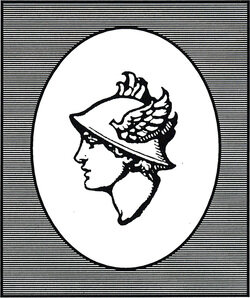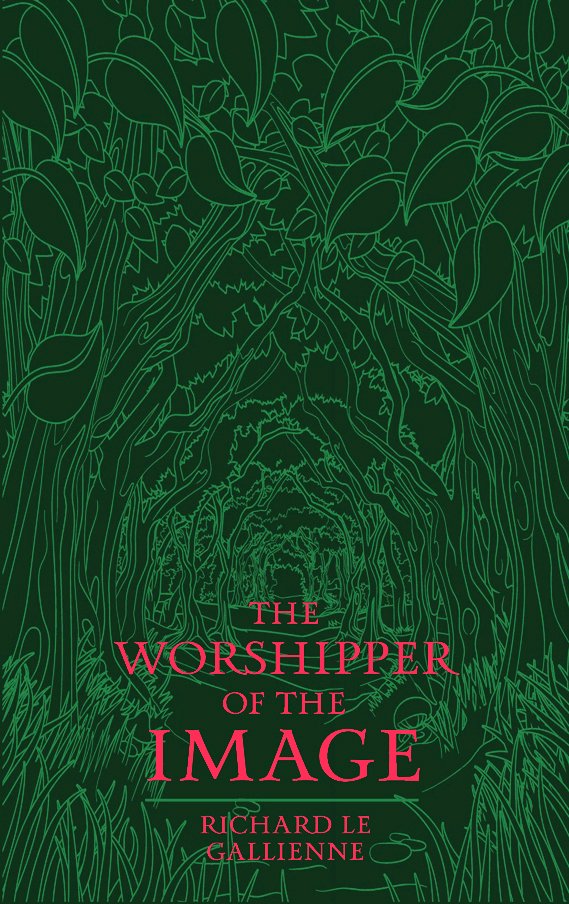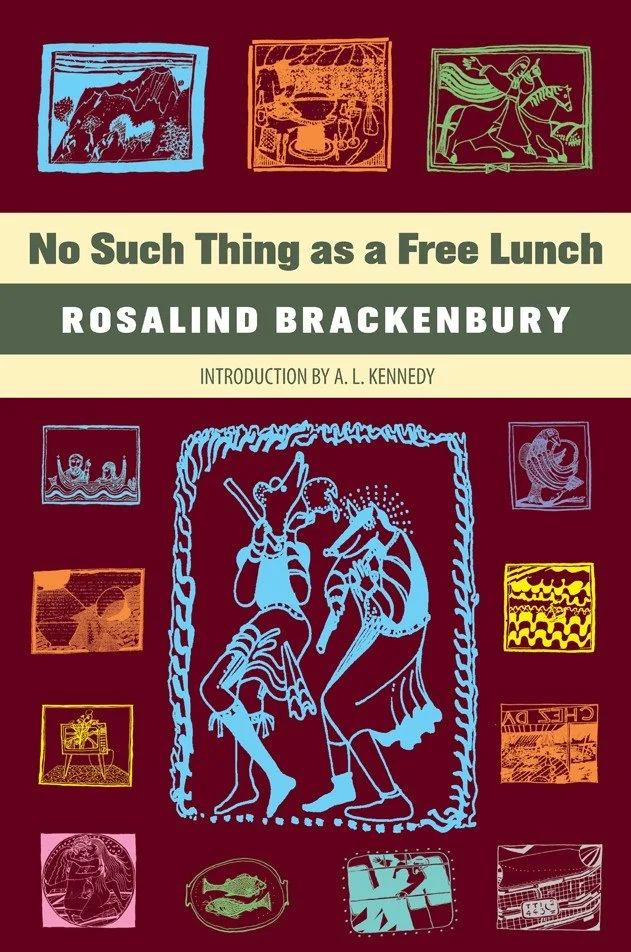Welcome!
Michael Walmer has set about publishing a list where the main ingredient is quality. Authors will be sourced from all over the world, with a love of erudition, be it elegant or rough-edged, simple or complex, poetic or blunt, or all of these!, as the enlivening and guiding principle.
New And Upcoming
No Such Thing as a Free Lunch by Rosalind Brackenbury, introduced by A. L. Kennedy
Sale Price:
£9.95
Original Price:
£13.95



